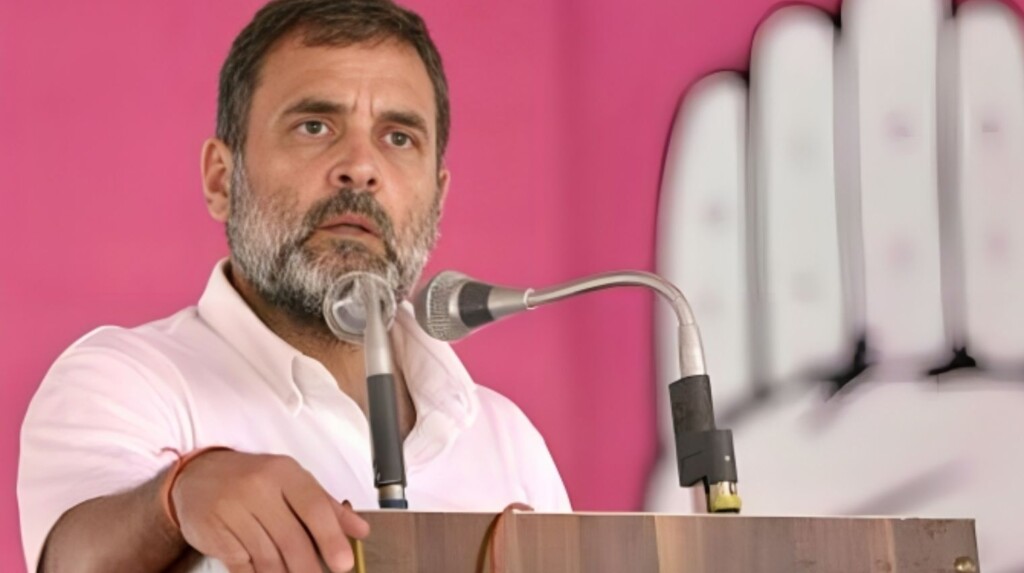The Delhi High Court has requested the Election Commission of India (EC) to make a decision, ideally within eight weeks, regarding Congress leader Rahul Gandhi’s public speech where he claimed that the BJP-led government at the Centre was being controlled by “pickpockets”. The High Court acknowledged that while the statements were not in good taste, the EC is currently examining the issue. The court observed that in the notice sent on November 23, the election body had stated that appropriate action would be taken.
As there has been no response from Mr. Gandhi to the EC’s notice within the given deadline, the court has directed the EC to promptly decide on the matter, preferably within eight weeks. The court was addressing a petition that sought action against Mr. Gandhi for his speech and the formulation of rules for an effective mechanism to address false and defamatory speeches made during the election process.
Bharat Nagar, a practicing advocate, expressed his shock at the “serious and heinous allegations” made by Mr. Gandhi in his speeches against high-ranking officials, including the Prime Minister and Home Minister.
During campaign rallies in Rajasthan’s Dholpur and Bharatpur districts before the Assembly election, Mr. Gandhi claimed that Prime Minister Narendra Modi, billionaire industrialist Gautam Adani, and Home Minister Amit Shah were exploiting the public under the BJP government.
“Mr. Modi distracts [your] attention, Mr. Adani exploits the public, and Mr. Shah wields power,” Mr. Gandhi stated. Previously, the Congress leader had referred to Mr. Modi as a bringer of bad luck.
Following a complaint from the BJP, the election panel issued a notice to Mr. Gandhi, requesting a response by November 25. Failure to comply would result in appropriate action by the Commission.
During the hearing, the petitioner’s senior counsel emphasized the need for guidelines to prevent the defamation of the country’s image. However, the court noted that Parliament had the authority to legislate on the matter of formulating guidelines. “In elections, the people decide… They are aware of everything. We can only say that it is not in good taste. People hear these things on a daily basis and make their judgments,” the court remarked.
